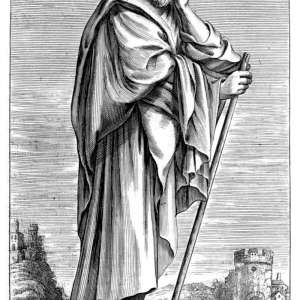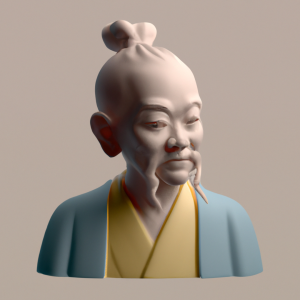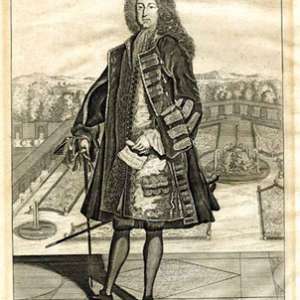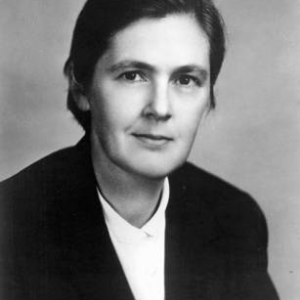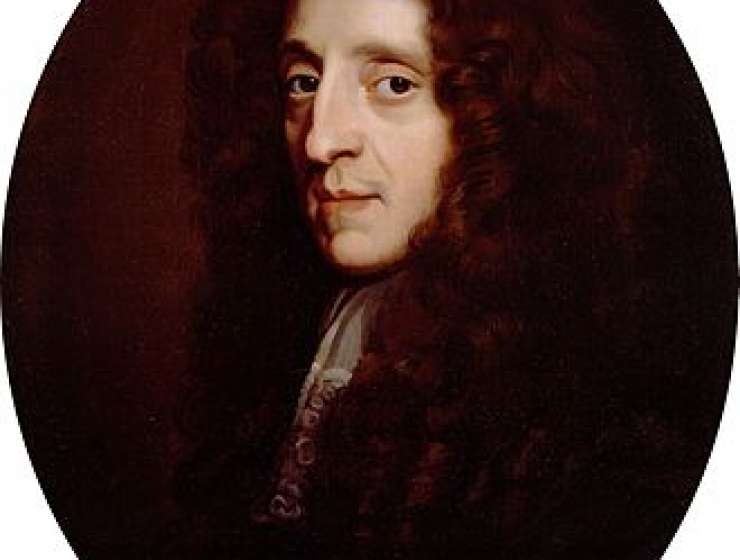
This article focuses on John Locke's understanding of the student as a natural learner and on the ambiguous utopia of childhood that underpins this understanding. It draws a parallel between the educational utopia of natural learning and colonization, and then investigates ethico-political implications. Locke politicizes natural learning in ways that normalize exclusions at the level of intersubjective ethical relations and naturalize colonial expansion at the level of cosmopolitan right.
Thought through to its implications, this claim leads to exploring connections between Locke's educational philosophy and his multiple and ambiguous utopianisms. Thus examined, the political operations of Locke's pedagogy bring to the fore the subtle though no less important performativity of Locke-inspired, modern educational utopianism that remains so far under- or non-theorized in educational philosophy.



